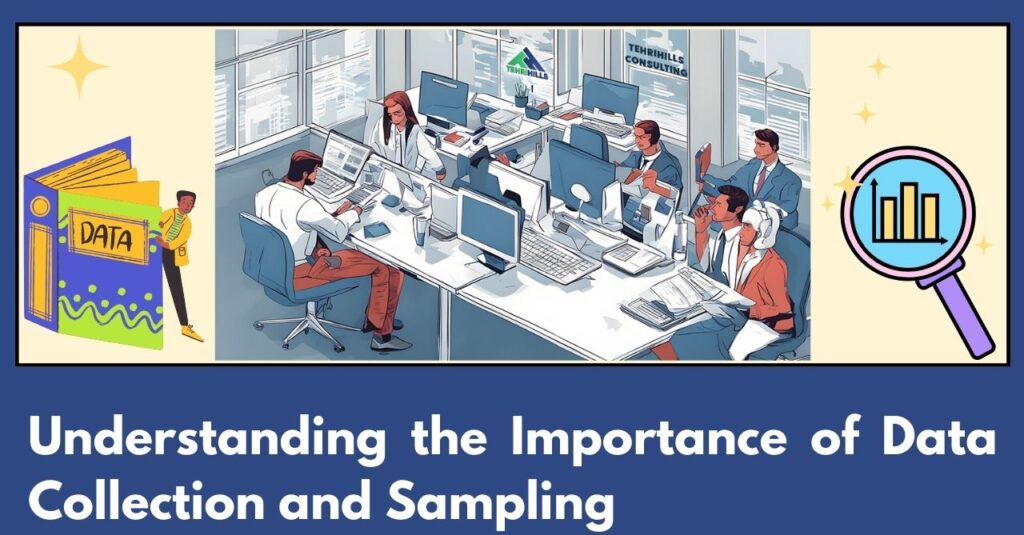Introduction
In today’s fast-paced and hyper-competitive business landscape, gaining a competitive edge requires more than just intuition and guesswork. Enter market research analytics – an essential approach that empowers businesses to make informed decisions, uncover hidden insights, and navigate the complex maze of consumer preferences and market trends. In this blog, we take a deep dive into the world of Market Research Analytics, exploring its significance, methodologies, and the transformative impact it can have on your business.
The Significance of Market Research Analytics-
Market Research Analytics is the art and science of extracting actionable insights from raw data to drive strategic decision-making. It provides a structured approach to understanding consumer behavior, market dynamics, and industry trends.By leveraging data-driven insights, businesses can:
- Enhance Customer Understanding: By analyzing consumer preferences, buying patterns, and sentiment, businesses can tailor their products and services to meet customer needs more effectively.
- Competitor Analysis: Market Research Analytics enables companies to assess competitor strengths and weaknesses, identify gaps in the market, and formulate strategies to gain a competitive advantage.
- Optimize Marketing Efforts: Precise data analysis allows businesses to target their marketing campaigns with laser-like precision, reducing costs and increasing conversion rates.
- Product Innovation: Uncovers latent customer needs and pain points through data analysis, fuels the creation of innovative products that resonate with the target audience.

Methodologies in Market Research Analytics-
In the domain of Market Research Analytics, diverse methodologies play a pivotal role in facilitating informed and sound decision-making. These methodologies empower businesses with the tools to untangle complex market dynamics, cultivate a deeper understanding of consumer preferences and enable the formulation of impactful strategies.
- Quantitative Analysis: This approach involves the use of numerical data to measure, quantify, and analyze various aspects of the market. Surveys, polls, and structured questionnaires are common tools used to gather data for quantitative analysis.
- Qualitative Analysis: Qualitative research delves into the subjective aspects of consumer behavior, focusing on insights that are not easily quantifiable. Techniques such as focus groups, in-depth interviews, and content analysis provide valuable context and depth to numerical data.
- Predictive Analytics: Using historical data and statistical algorithms, predictive analytics helps forecast future trends, customer behavior, and market shifts. This enables businesses to proactively adapt and strategize.
- Text and Sentiment Analysis: With the proliferation of online reviews, social media, and user-generated content, extracting insights from text data has become crucial. Text and sentiment analysis tools decipher consumer sentiment, helping businesses gauge public opinion and adjust strategies accordingly.
Transformative Impact on Business-
Market Research Analytics has different impacts which transforms business into more successful entity. Brands can improve their bottom line and build stronger relationships with their customers by providing high quality products/services. Embracing market research analytics can usher in a myriad of benefits for businesses:
- Informed Decision-Making: Accurate data-driven insights provide a solid foundation, reducing the element of risk and uncertainty in strategic decision-making.
- Cost Efficiency: By focusing resources on targeted strategies and campaigns, businesses can optimize their marketing budgets and operational expenditures
- Agility and Adaptability: Real-time data analysis equips businesses to swiftly respond to changing market conditions, ensuring they remain relevant and adaptable.
- Customer-Centric Approach: By understanding consumer preferences and pain points, businesses can align their offerings with customer needs, thereby fostering brand loyalty and customer satisfaction.
- Innovation Catalyst: Market Research Analytics can uncover untapped opportunities, enabling businesses to innovate and stay ahead of the curve.
Conclusion
In a business landscape driven by data and insights, Market Research Analytics emerges as a strategic imperative for sustainable success. By deciphering the intricate web of consumer behavior, market trends, and competition dynamics, businesses can chart a course towards informed decision-making, innovation, and customer-centricity. Embracing market research analytics isn’t just an option; it’s a powerful tool that can unlock the doors to unparalleled growth and prosperity in today’s dynamic marketplace.







